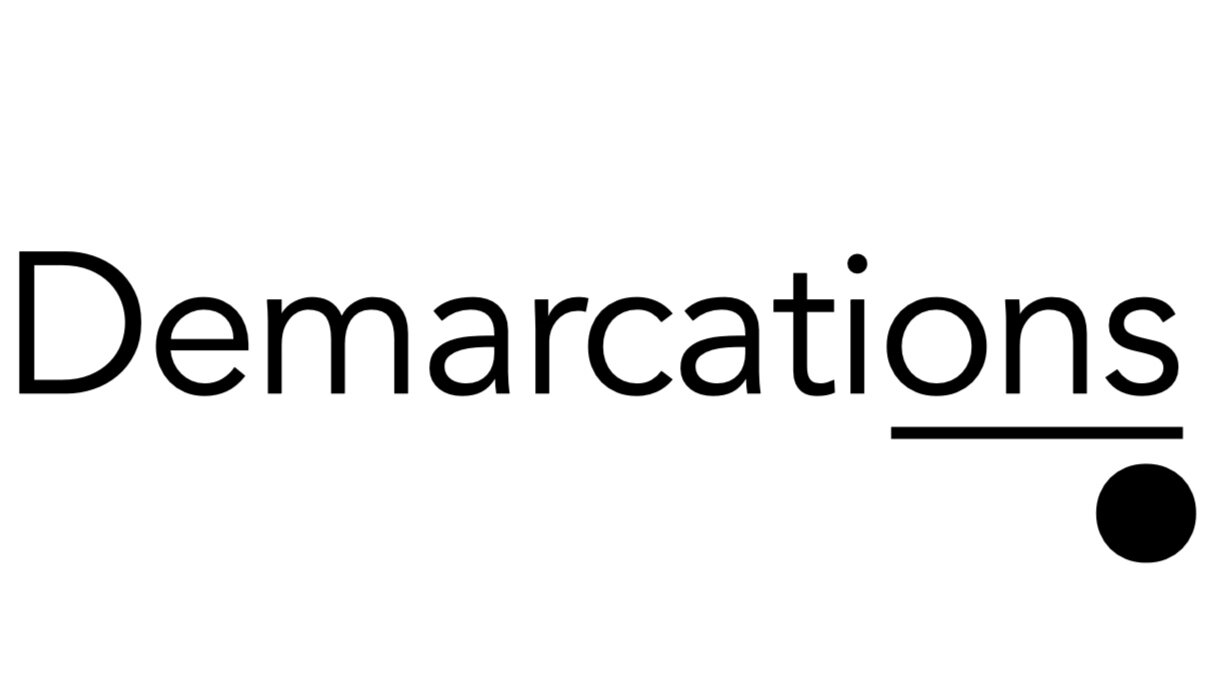Photo Credit: Rui Caldeira
Pilot Patrick Smith has another interesting article on cockpit automation and flight safety, something this blog has considered before.
Has automation reduced pilots' basic "stick and rudder" skills? His answer: "Probably, yes."
But the more interesting discussion is how automation has grafted a new technological skill set onto basic flying:
[A]utomation is merely a tool. You still need to tell the airplane what to do, when to do it, and how to do it. There are, for example, no fewer than six different ways that I can program in a simple climb or descent on my 757, depending on preference or circumstances. The automation is not flying the plane. The pilots are flying the plane through this automation.
A fitting metaphor for other knowledge work. Technology hasn't changed what we do, as much as changed how we interface with machines to get it done. The tools have changed. The work, fundamentally, has not.
Of course, interfaces are complicated and can even add to our overall workload:
If you ask me, the modern cockpit hasn't sapped away a pilot's skills so much as overloaded and overburdened them, in rare instances leading to a dangerous loss of situational awareness.
A danger for all of us. Alarms, notifications, badges, and our ever-expanding landscape of electronic inputs, distract us from real work. Whether that's landing a plane, or delivering a project.
This has given birth to a meta-skill: the ability to sift, filter, and organize the elements of our work. Our first challenge, then, is to maintain situational awareness in a complicated world.
Update: Interesting post on maintaining situational awareness in e-discovery.



